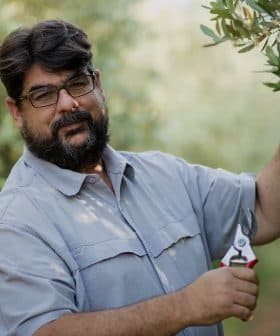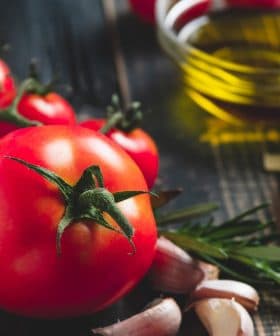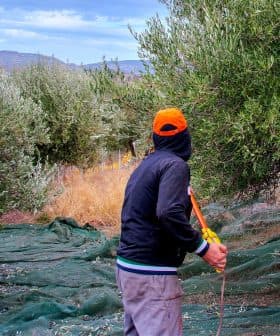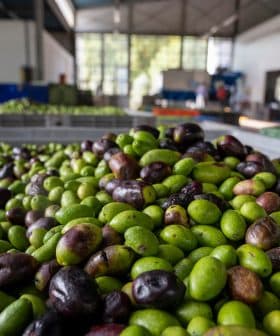Biodiversity Project Expands Beyond Spain
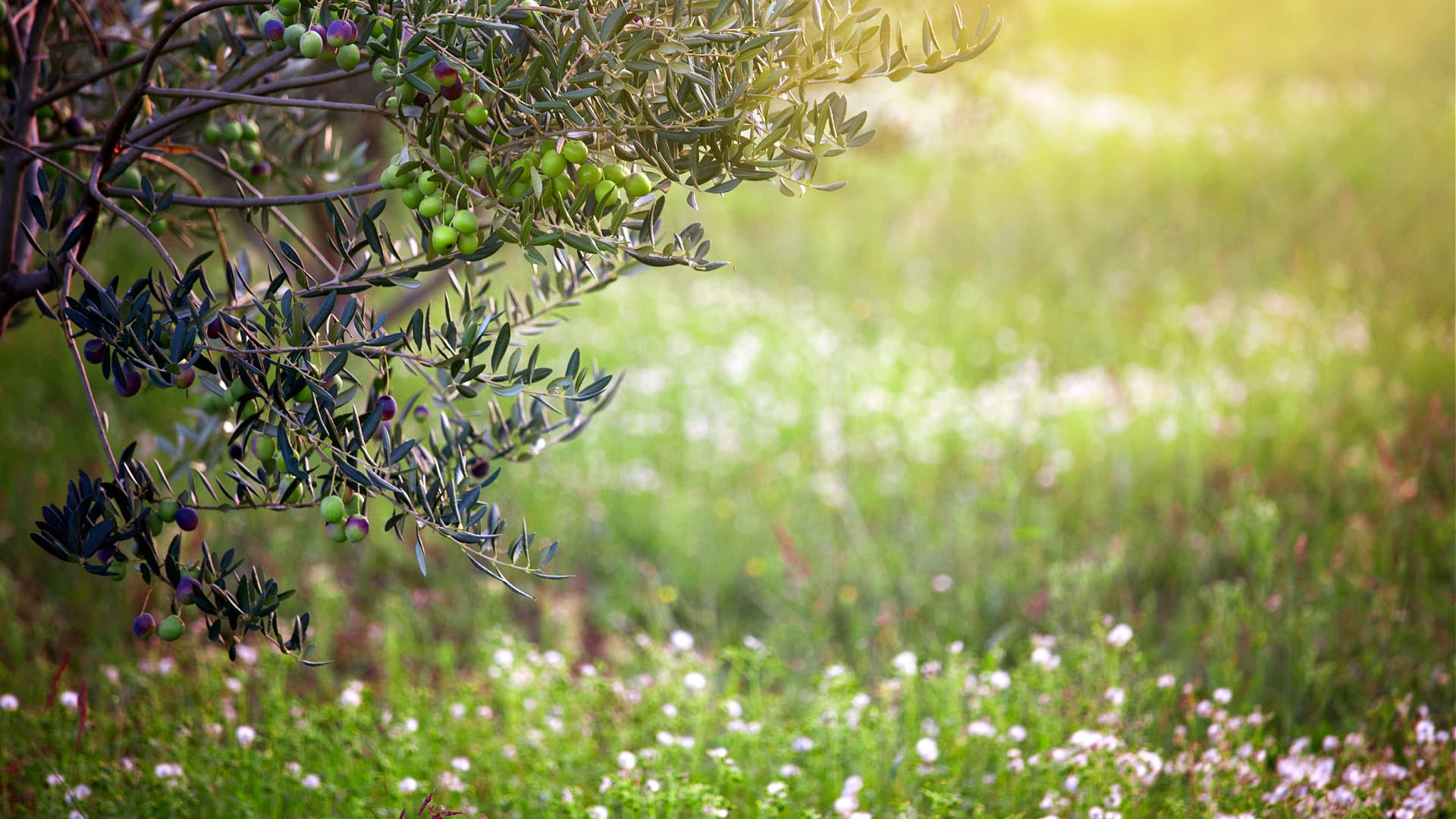
The LIFE Olivares Vivos+ project, aiming to improve olive cultivation sustainability and profitability, will expand to Italy, Greece, and Portugal from Spain, running from 2021 to 2026 with the goal of increasing biodiversity and reducing environmental impact through various initiatives. The project, based on research from the University of Jaén, has shown positive results in biodiversity and species abundance in olive groves, with plans to extend the model to other crops and regions in the future.
The new LIFE Olivares Vivos+ project, which aims to decrease the environmental impact of olive cultivation while increasing profits for farmers, is to expand beyond Spain into the main olive-growing regions of Italy, Greece and Portugal.
Presented at the headquarters of the International Olive Council in Madrid, the project is to run from this year until 2026.
See Also:Agricultural Intensification Hurts Olive Grove ProductivityThe previous iteration ran from 2015 to 2020 and showed significant increases in biodiversity alongside an average 22-percent decrease in fertilizer and phytosanitary spending and payments to farmers via the numerous environmental initiatives of the new Common Agricultural Policy.
The Olivares Vivos model is based on research carried out by the ecology department of the University of Jaén in conjunction with the Arid Zones Experimental Station of the Spanish National Research Council.
This research measured biodiversity in 40 olive groves in Andalusia before and after the introduction of wildlife-recovery measures.
The study confirmed that within three years of the project’s implementation, the number of species of birds, ants, bees and plants increased by seven to 12 percent in the participating groves and the abundance of these species rose by 40 percent. In the medium term, an additional 25 percent is expected to be recovered.
In total, 180 bird species, 60 ant species, 200 kinds of wild bees and more than 750 plant varieties have been found in the studied olive groves, including a plant previously unknown to science, Linaria Qartobensis, a rare endemic species that has been called a “jewel of Andalusian flora.”
In this new phase, Project LIFE will seek to extend and replicate this model within Spain, through demonstration farms and training courses for farmers, in the autonomous communities of Andalusia, Extremadura, Madrid, Castilla-La Mancha, Valencia and Catalonia.
Specific attention will be given to the impact that climate change may have on the model, particularly in olive groves located in the semi-arid areas of the Andalusian provinces of Almeria and Granada.
More significantly, it will also be introduced to the Alentejo region of Portugal; the regions of Tuscany and Puglia in Italy; and both the Peloponnese and Crete in Greece.
“The olive grove is the most important crop for wildlife conservation in Europe,” said Asunción Ruiz, the executive director of SEO/BirdLife, one of the organizations involved in the project. “The fact that Olivares Vivos+ is accelerating its expansion in the main olive-growing regions of the Mediterranean basin, a biodiversity hotspot, represents a global commitment to recover the link between agriculture and nature while maintaining the farmers’ interests as a foundation.”
Over the coming years, the aim of the project is to apply its results to other crops, such as vines, almond trees and citrus fruits.
“We are convinced that this extension will be the definitive step to consolidate Olivares Vivos as a reference, adding more allies and consolidating in Europe a model of agriculture reconciled with life,” said Ruiz.
Many of the individual measures that constitute the backbone of the model are surprisingly straightforward. They include the management of herbaceous cover, the restoration of so-called “unproductive areas” in olive groves such as gullies, streams, tracks and walls; the reintroduction of non-crop native species, and the installation of support infrastructures for fauna such as ponds, nesting boxes and fencing posts.
Thanks to the involvement of charitable foundations, a substantial number of these activities have been supported by volunteers working alongside the farmers participating in the project.
So far, more than 750 farmers have applied to participate in this new stage, and 68 areas have signed a manifesto pledging their commitment to link the future of their olive production with the future of their local biodiversity.




